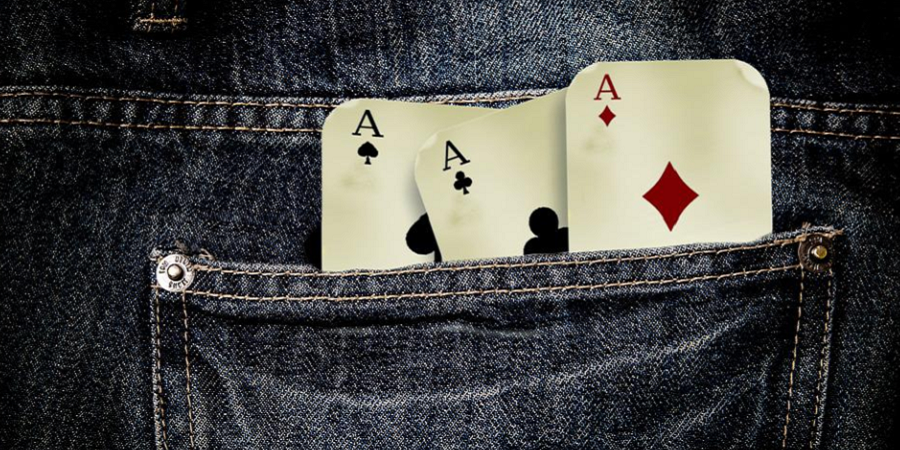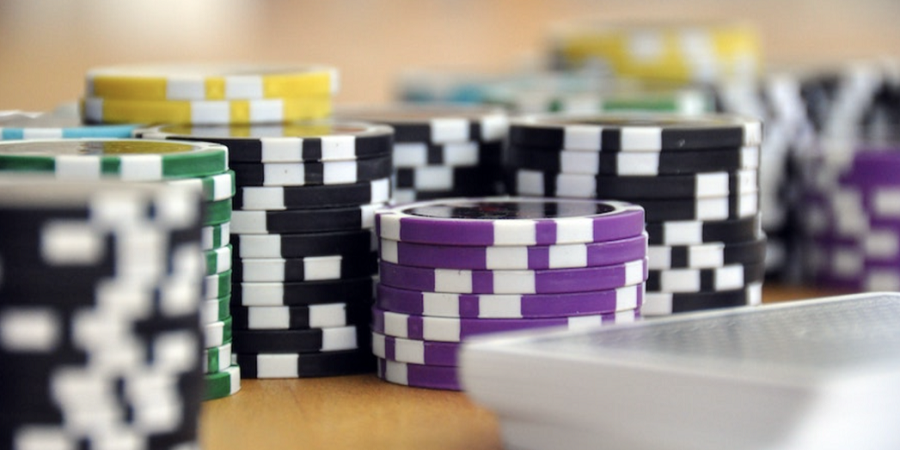Card games have been a staple of human society since their inception and potentially go as far back as 9th century China. The enduring nature of cards as a game and the sheer range of games available is impressive – but why exactly are they so beloved? From casual games with friends to the extravagant high roller lifestyle in the casino, everyone enjoys a game of cards every now and then.
The simple answer is, like most things we do, the motivator is dopamine. Gambling, alongside exercise, socialising and listening to music, is one of the many things which triggers a release of dopamine and is one of the key elements in the brain’s reward system. Essentially, you get rewarded when you exhibit behaviours that are helpful to your survival. Of course, this isn’t always the case as a large amount of recreational drugs function by causing a dopamine release in a similar manner which isn’t helpful for survival and thriving. So why exactly do playing cards cause the release of dopamine?
The reason for this has been a subject of debate, most initially assumed it was because of the possibility of winning money and the allure of hitting it big. While this can be a motivator, research has shown that in certain players the dopamine release is actually heightened after a loss more so than a win. This is likely related to it being a “near miss” of victory and the dopamine is a motivator to return and try again. The reason for this surge might be inspired by the inability to predict the outcome. When the possibility of a reward is uncertain, the brain releases more dopamine and this makes the experience more enjoyable. The best example of this is the game Tic Tac Toe or Noughts and Crosses. While fun to play as children, most adults find the game dull because they know how to win. With no challenge and a predictable outcome, Tic Tac Toe is boring as a game. Whereas with cards, even the most skilled players can’t be 100% certain on the outcome of a hand and this keeps the game interesting and engaging. After all, the odds of shuffling a deck of the cards same way is:
80,658,175,170,943,878,571,660,636,856,403,766,975,289,505,440,883,277,824,000,000,000,000:1
So, fairly unlikely.
A possible source for this behaviour as it relates to losing, may come from our mammalian ancestors – in times of scarcity persistence and perseverance would be a desirable trait, that is not being put off by failing a few times initially. Finding a tree without any fruit would release dopamine as an incentive to keep looking for a tree that did have fruit. This sort of motivation would help a creature keep going and might explain why losses are still enjoyable when playing a game of chance.
Both elements of this equation, the uncertainty and reward for a loss, would be eliminated if one takes into account the use of AI and bots to play. While still in its initial stages of development and without a perfected game theory, Bots that play poker online are slowly growing as options for opponents to test themselves against a computer and see how they fare. While they excel at the calculation side of things, the lack of ability to read bluffs is a big drawback and one might question if a card game is still enjoyable against a perfect opponent. The big reason popular card games are so well loved is that the odds of winning feel to be about 50:50, it’ll be interesting if the advent of a perfect online card playing AI would remove the fun of the game.
So basically, we enjoy card games because of a dopamine release caused by uncertainty and a drive to continue. Though this isn’t including the social aspect, the atmosphere of a casino or any number of unique factors that apply to each game, all of which contribute to making people want to play. After all, there’s a lot more to enjoying a good game than just the science!










